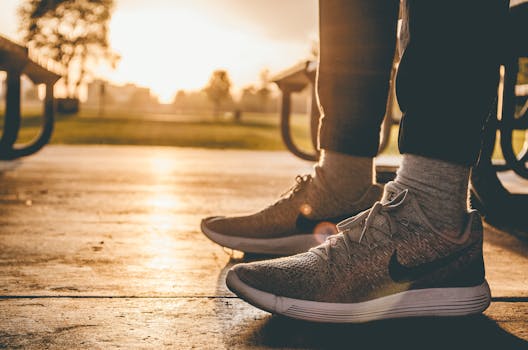
Introduction
Running in humid weather can feel challenging, but with the right strategies, you can stay comfortable, safe, and motivated. Here are essential tips to help you make the most out of your runs, even when the air feels thick with moisture.
Tips for Running in Humidity
- Stay Hydrated: Drink water before, during, and after your run. In humid conditions, you'll sweat more and lose fluids faster, increasing the risk of dehydration.
- Dress Properly: Choose light, moisture-wicking fabrics. Avoid cotton, which retains sweat and can cause chafing.
- Run Early or Late: Humidity tends to be lower during early morning or late evening. Try to avoid midday runs when the heat and humidity are at their peak.
- Listen to Your Body: Pay attention to how you feel. Slow your pace and take breaks if you feel dizzy, nauseous, or overly fatigued.
- Shorten Your Route: In extreme humidity, consider running a shorter distance or breaking your run into intervals.
- Use Anti-Chafing Products: High humidity increases the risk of chafing. Apply anti-chafing balms to vulnerable areas.
- Cool Down Effectively: After your run, use a cold towel or take a cool shower to help your body temperature return to normal.
Conclusion
While running in humid weather can be tough, preparation and a few key changes to your routine will help you enjoy your workouts safely. Listen to your body, prioritize hydration, and embrace shorter or slower runs when needed. Happy running!
Comments
Post a Comment